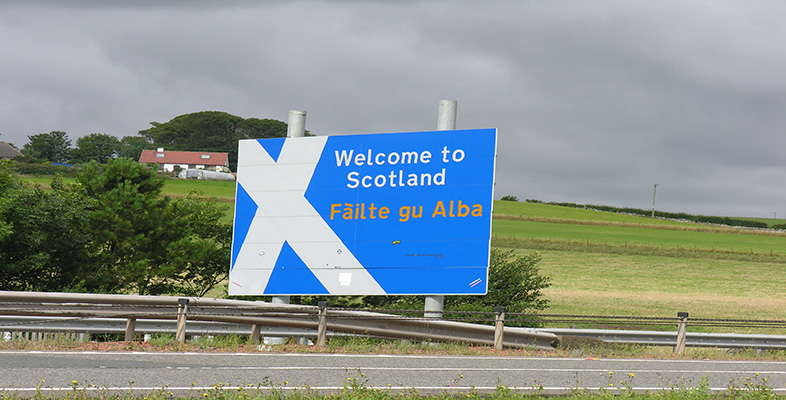3.2.3 Education and cultural influences
Although the private, mostly church-based, organisations which had run school education in the Highlands before then had provided education in Gaelic, the 1872 Education (Scotland) Act, which made school education compulsory in Scotland, completely ignored the existence of the language. As a consequence, Gaelic came to be effectively excluded from the schools, especially as language of teaching, and indeed was often positively discriminated against.
Box 2
‘Archy has a vivid memory of when he was very young sitting on his grandfather’s knees, gazing into his intensely blue eyes and white beard, and being told about the persecution the children were subjected to when his grandfather, Archibald, was a boy at school for speaking in Gaelic. They were severely belted and a tessera board (maide-crochaidh) was hung round their neck and if they had not betrayed another Gaelic speaking class-mate by 4pm they got another belting. If the child had not handed over the board by the morning attendance at school another belting was administered and so on.’
Various campaigns have been waged and curricular initiatives launched over the years to remedy this situation. The 1918 Education Act which required authorities in Gaelic areas ‘to make adequate provision for Gaelic’, the Inverness-shire Gaelic Education Scheme, the Western Isles Bilingual Education Project and, most recently, Gaelic medium education (GME) are examples of this, which will be described in the next section.
In the period following the Second World War, and especially from the 1960s on, the Highlands and Islands became more open to outside cultural influences, mainly through television and the access it gave to the burgeoning popular culture of that period. One result of this was to make Gaelic and all that went with it seem outdated to the young, leading many to opt out of speaking Gaelic, often contrary to parental wishes and despite educational initiatives such as the Western Isles Bilingual Education Project.
